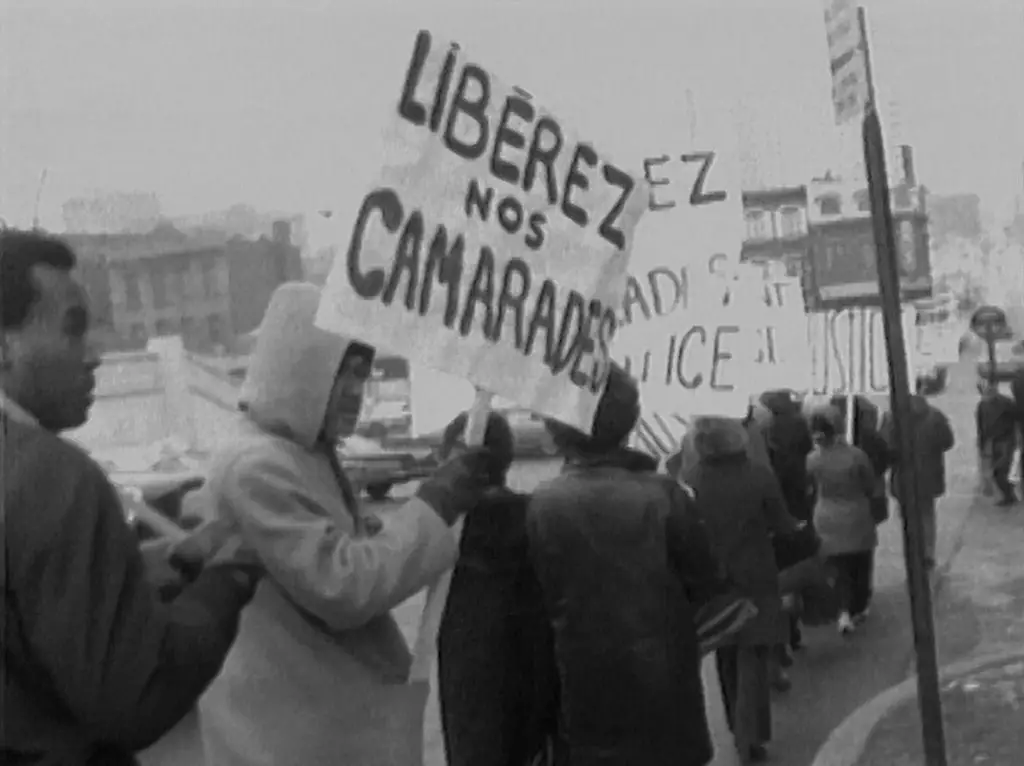In the sprawling tapestry of North American history, cities like Atlanta, Montgomery, New York, and Oakland frequently dominate the narrative of Black liberation and civil rights struggles. Their iconic statuses are well-earned, emblematic of pivotal moments of resistance and profound societal shifts. Yet, this focus often shadows the deeply significant but underrecognized contributions of other urban centers—Montreal, for example. It’s a city whose role in the 1960s Black activism scene deserves attention, as it exemplifies how local incidents can ripple outward, challenging systemic oppression across borders.
Montreal’s Black resistance roots can be traced back to two defining episodes: the 1960s Congress of Black Writers at McGill University and the courageous student occupation at Sir George Williams University. These events serve as powerful testimonies to the spirit of defiance that characterized the era. However, their stories remain largely obscure, buried beneath the more prominent narratives of American civil rights movements. By bringing Montreal’s history into view, we can foster a richer, more inclusive understanding of the global fight against racial injustice—one that recognizes that resistance is neither geographically nor culturally confined.
Documentary as a Catalyst for Justice and Recognition
The upcoming documentary *True North*, helmed by filmmaker Michèle Stephenson, endeavors to correct this erasure. It aims to document Montreal’s pivotal role in shaping Black resistance, blending rare archival footage with deeply personal testimonies from elders who experienced those turbulent decades firsthand. This approach underscores an essential truth: history told solely through the lens of mainstream narratives is incomplete and often skewed. The stories of those who lived through these struggles—a blend of Caribbean, Canadian, and American voices—are invaluable in reconstructing a comprehensive account of the era.
Stephenson’s background as a Haitian-Panamanian woman raised in Montreal lends authenticity and layered perspective to the project. Her work across acclaimed films demonstrates her commitment to illuminating underrepresented stories, making her a fitting director to peel back the layers of Montreal’s overlooked history. *True North* isn’t merely about recounting events; it’s an act of collective remembrance—a vital act of acknowledging past struggles so future generations can learn, reflect, and act.
Bridging the Hemispheric Experience of Oppression
What makes *True North* particularly compelling is its hemispheric scope. It recognizes that Black resistance in Montreal didn’t exist in isolation but was intertwined with broader struggles across the Caribbean, the US, and Canada. Colonial legacies, systemic racism, and state violence form a shared tapestry of colonialism’s enduring legacy. This interconnectedness underscores that resistance in Montreal was part of a larger, transnational fight for human dignity and racial justice.
This broader perspective challenges the often-simplified, juxtaposed view that pits American civil rights solely against the Canadian context. It highlights the universality of oppression but also the diverse strategies and cultural expressions that define resistance on different fronts. The documentary’s inclusion of voices like Rosie Douglas’s future leadership reinforces the notion that these struggles were interconnected, shaping not just policies but also societal attitudes.
Transformative Power of Collective Memory and Historical Recognition
The importance of *True North* lies not just in historical documentation but in its capacity to reshape contemporary discourse. By offering a platform to voices that have long been neglected, it contributes to a collective reimagining of history—one that empowers marginalized communities and challenges the erasure of their contributions. Recognition and remembrance are acts of resistance in themselves, forging identity and resilience amid ongoing systemic injustices.
Film festivals like TIFF serve as critical venues for this reexamination, elevating stories that push against mainstream complacency. When *True North* premieres, it’s more than a screening; it’s a call to reevaluate what we understand about Black resistance in North America. It questions the narrow borders of activism, urging us to see the global, interconnected fabric woven by those who dare to challenge the status quo—regardless of where they are.
In embracing Montreal’s history, acknowledging overlooked narratives, and highlighting the collective power of resistance, we open pathways for a more truthful, inclusive, and ultimately transformative understanding of the fight for racial justice. It is a reminder that history is not static—it is a living dialogue, constantly reshaped by those willing to tell their stories.


Leave a Reply